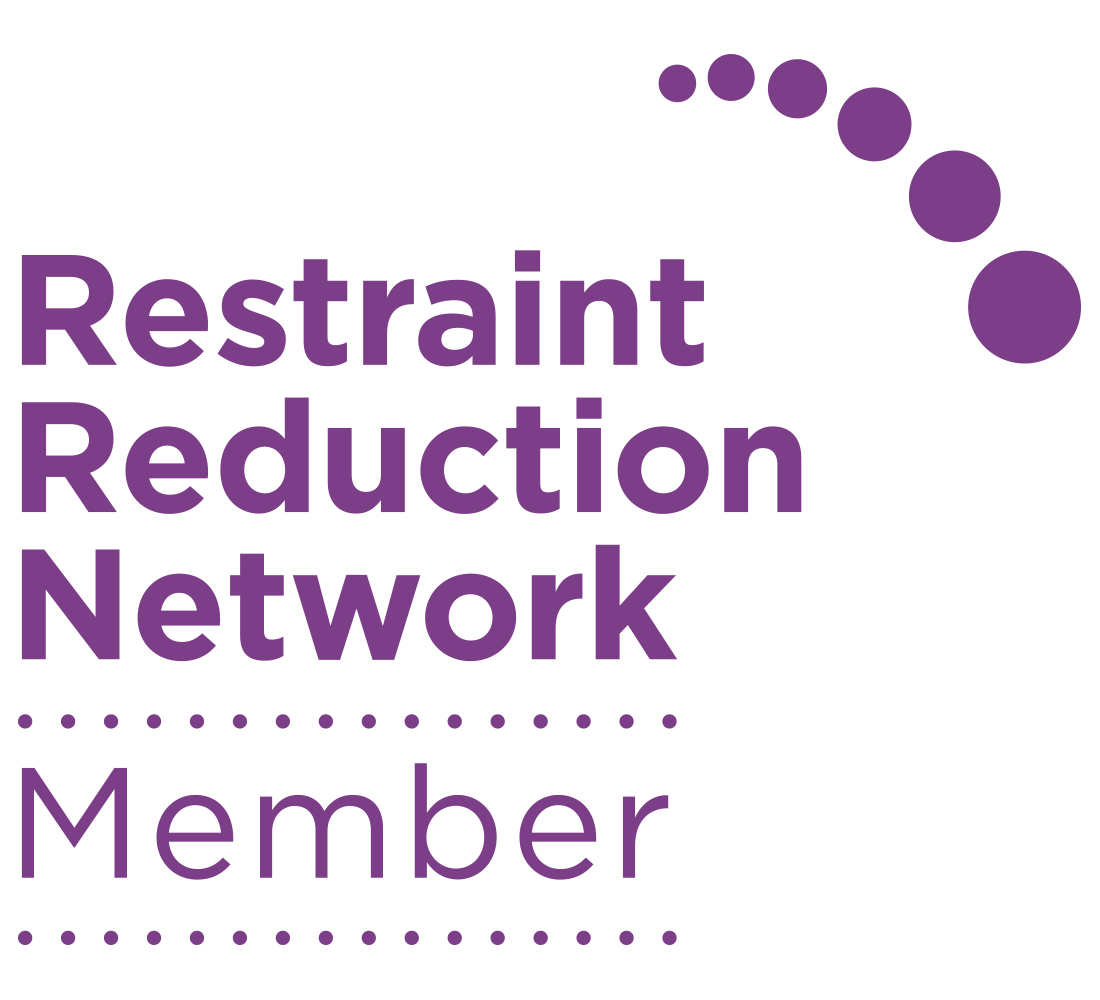SEND
All children and young people “deserve to get the support they need to thrive and prepare for happy, healthy and productive adulthoods. For children and young people with special educational needs and disabilities (SEND), or in alternative provision, this is especially vital” (Special Educational Needs and Disabilities (SEND) and Alternative Provision (AP) Improvement Plan – The Green paper, March 2023).
SEND at ACE
As an Alternative Provision (AP) ACE works to ensure that the education students receive is tailored to meet their individual needs and designed to give them the skills to improve their chances in life whilst accessing as broad a curriculum as possible.
We aim to support the reintegration of students into full time education in school, further education or employment if possible and appropriate.
Definition
“Children have special educational needs (SEN) if they have a learning difficulty which calls for special educational provision to be made for them. Children have a learning difficulty or disability if they: -
- Have a significantly greater difficulty in learning than the majority of children of the same age; or
- Have a disability which prevents or hinders them from making use of educational facilities of a kind generally provided for children of the same age in school.” (The SEND Code of Practice, 2015).
All children and young people who attend ACE, have needs that could not be met through mainstream provision and require additional support in order to successfully access learning, meaning all our students are identified as requiring provision that is ‘different than or additional to’ what is ordinarily available.
This means we record ALL our students as having some sort of SEND although what these needs are, how they present and what provision they need differs across ages and bases.
For many of our students it can often be difficult to ‘unpick’ what is a ‘traditional’ SEND need, from what might be a trauma response, a mental health or medical need; or a behavioural need. For many of our students, all aspects are intertwined and we therefore take a holistic view of what the needs of the child are and put in place support, provision and intervention that best meets these needs- whatever this might be.
This is why supporting SEND underlies all aspects of our school provision- curriculum, pastoral or planning for the future. It is an intrinsic thread that runs through everything we do to support our students.
We follow a graduated approach to provision, ensuring that ‘universal’ (ordinarily available provision) which is our core offer, provides an alternative curriculum that is not only broad and balanced but is flexible and adaptive to meet a range of needs. Teaching staff have ambitious expectations for all. All students have access to quality first teaching and appropriately personalised learning activities. Preparation for adulthood is a key feature of our curriculum.
We use a trauma informed, relational based approach to underly all provision, intervention and decision making regarding our students. We will advocate for what we believe is in our students best interests at all times.
We will ensure students requiring provision, interventions and approaches that are additional to the core offer, have access to targeted or specialist support as needed (through the graduated approach). This may include support from other professionals.
All staff at ACE are here to support students to access learning regardless of their needs. Every teacher is considered a teacher of Special Educational Needs. Every teacher is responsible and accountable for the progress of learners in their class, even where learners have access to Teaching Assistants (TAs). Quality First Teaching is differentiated to meet the needs of the majority of the learners. Some learners will need something additional to and different from what is provided. This is our SEND provision.
Please visit the links at the bottom of this page to read the SEND Information Report for parents if you’d like more information. It is also published as part of the Local Offer.
The Local Offer
Each Local Authority are obliged to set out their local offer regarding the special educational provision that all early years providers, schools, post -16 providers and other institutions are able to provide to children and young people with SEND.
- For Plymouth- further information on this is available on Plymouth Online Directory - Plymouth Online Directory
- For Devon- further information on this is available on Special educational needs and disabilities (SEND) Local Offer - Education and Families (devon.gov.uk)
- For Cornwall- further information on this is available on SEND Local Offer | Care and Support in Cornwall
Concerned about your child’s SEND?
Parents are advised to speak to the relevant Base Lead, Pastoral Support staff or Learning Mentor in the first instance if there are any concerns around SEND. If there is a need for further support, the base will liaise with the SEND team.
You are also welcome to contact the ACE SEND Team directly:
Email address: Rachel.crozier@transformingfutures.org.uk
- Roberta Lewin is SENDCo with oversight of learners within our Cornwall Bases.
Email address: Roberta.lewin@transformingfutures.org.uk
- Xanthe Bulley is SENDCo who supports across our Plymouth & Exeter bases.
Email address: Xanthe.bulley@transformingfutures.org.uk
- Hannah Daragon is SENDCo who supports across our Plymouth & Exeter bases.
Email address: Hannah.daragon@transformingfutures.org.uk
Other useful links
Independent information, advice and support if you have a child with SEND:
For Plymouth
- Plymouth Information Advice and Support for SEND. - Supplying you with information, advice and support (plymouthias.org.uk)
- PlymouthPCV
For Devon
- Home - Devon Information Advice and Support (devonias.org.uk)
- Homepage - Parent Carers Forum Devon (parentcarerforumdevon.org)
For Cornwall
Plymouth Trauma Informed Network:
Guidance on expectations of ‘Ordinarily Available Inclusive Provision’ (OAP/ OAIP):
- For Plymouth- Not yet published
- For Devon Ordinarily Available Inclusive Provision - Support for schools and settings (devon.gov.uk)
- For Cornwall- Not yet published









